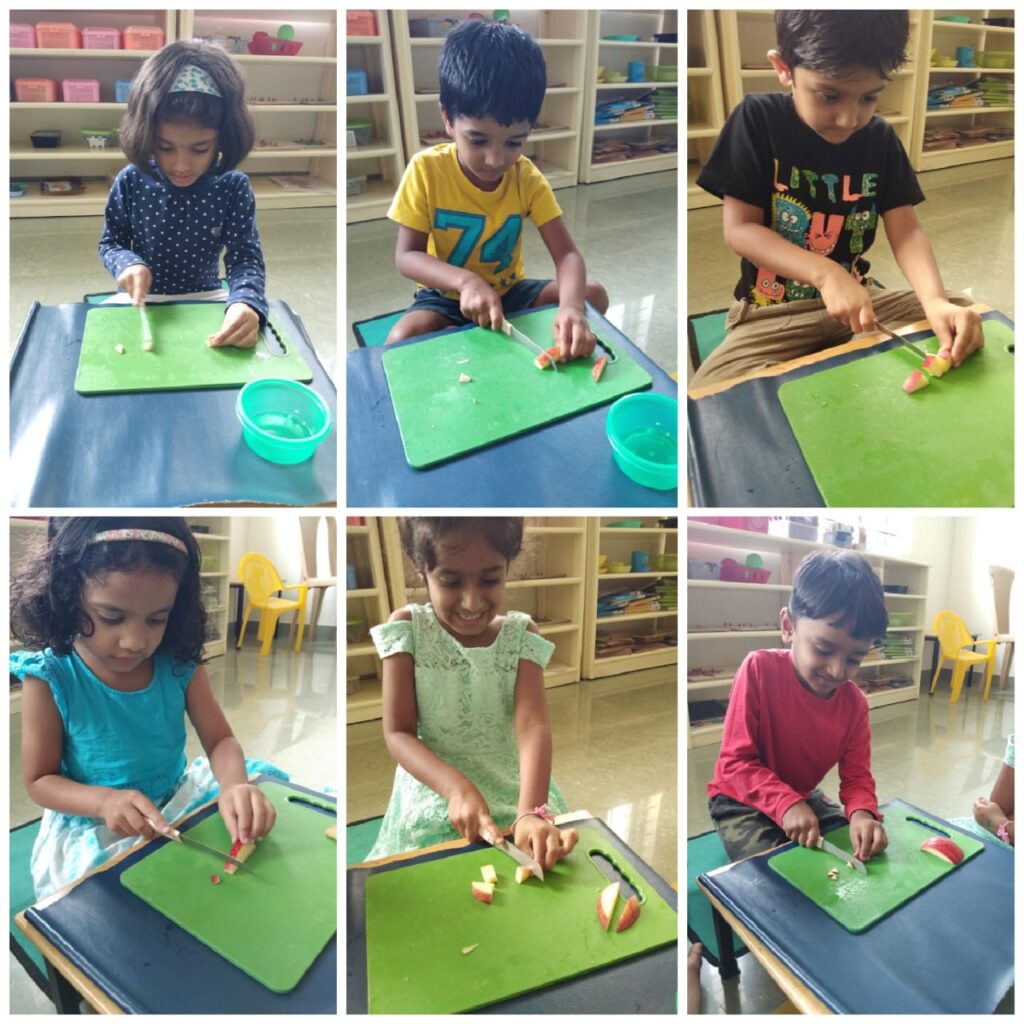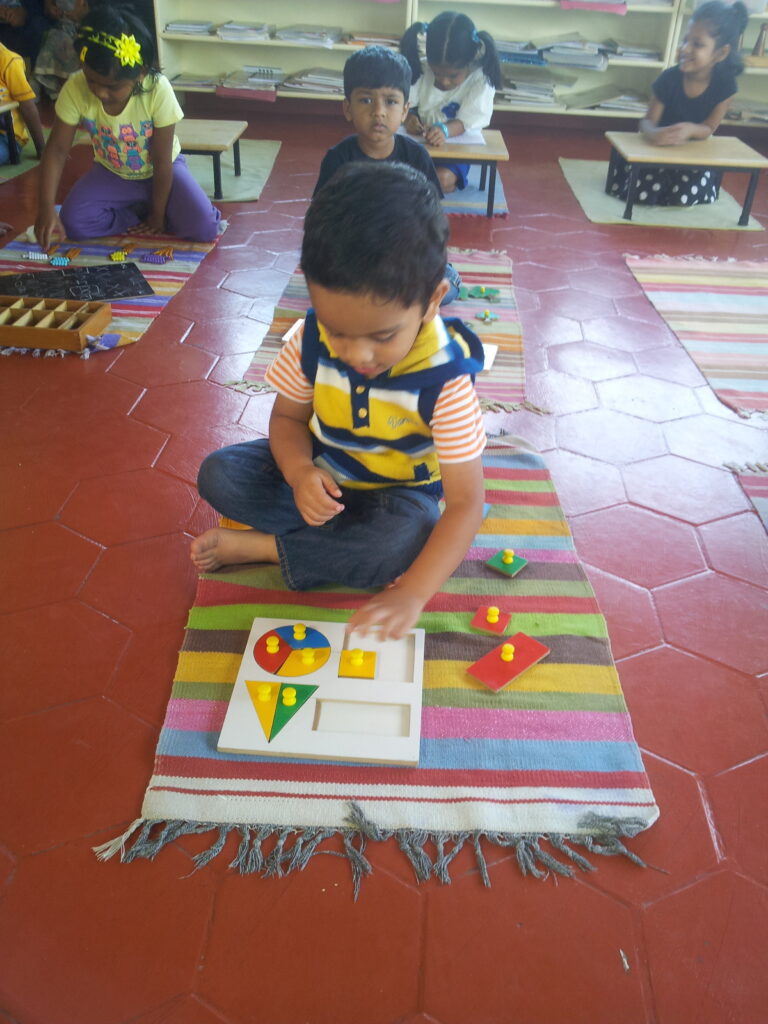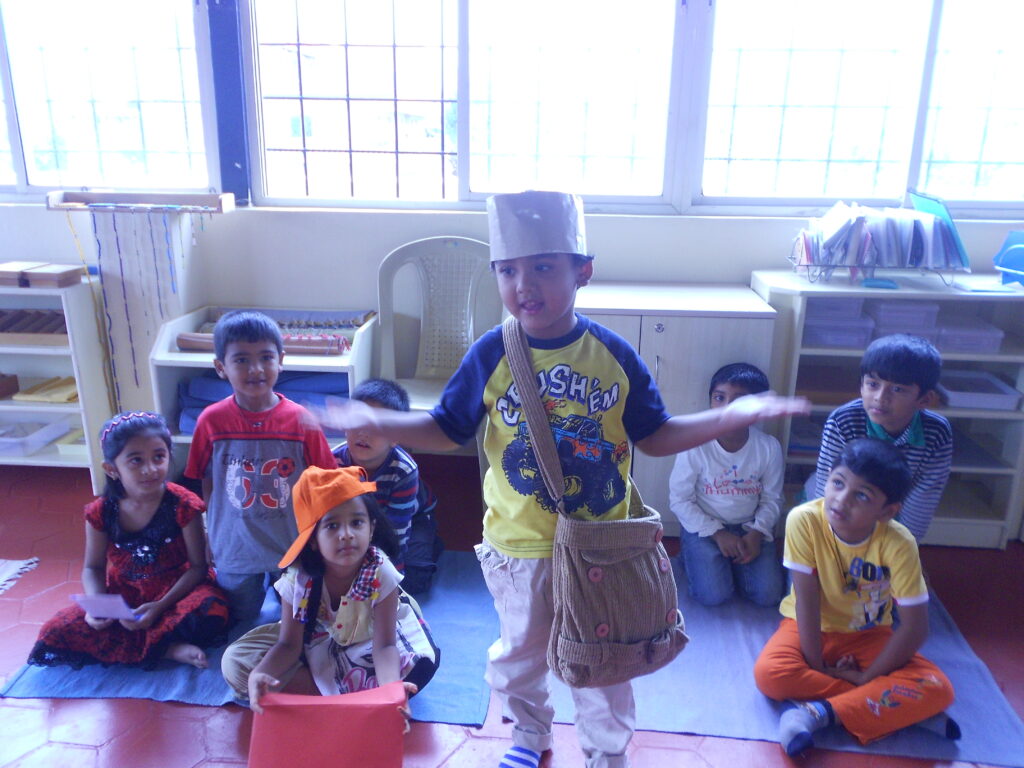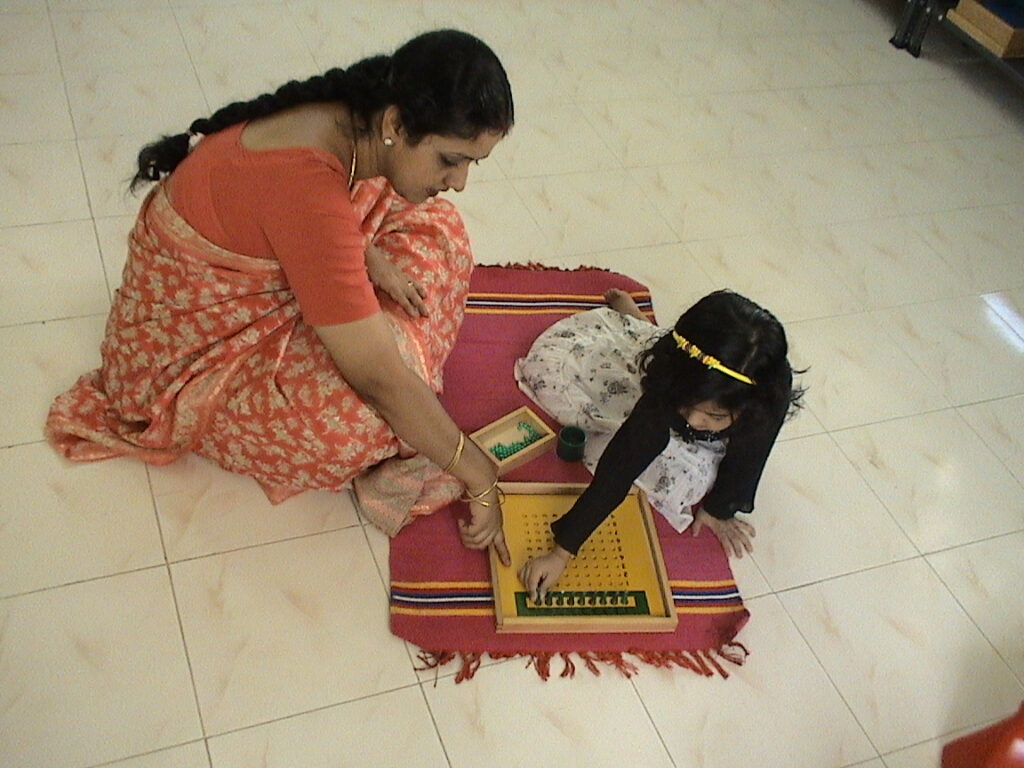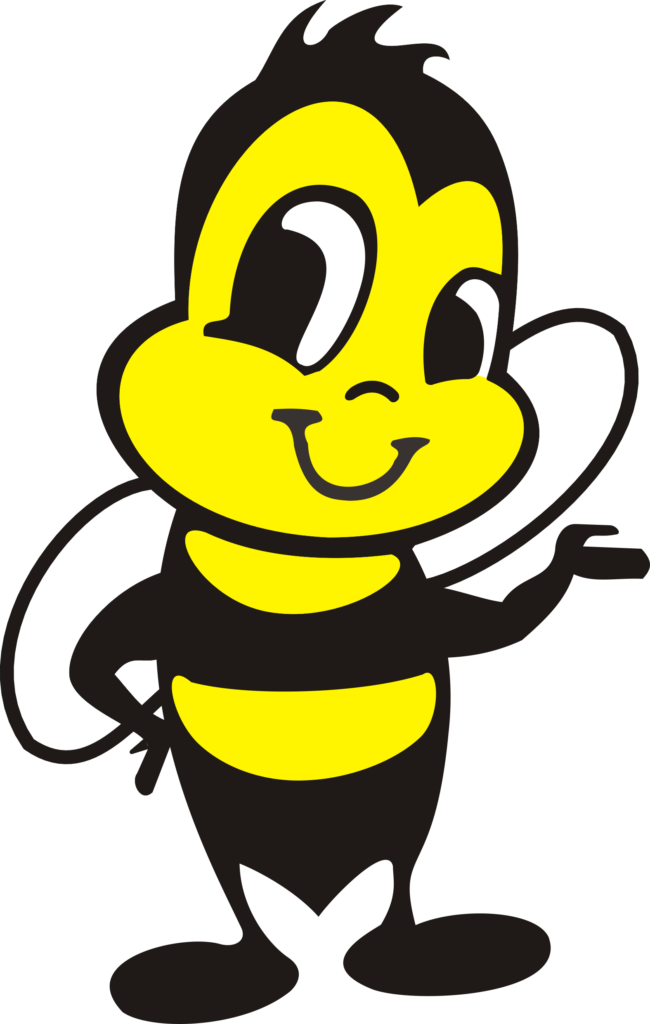
The Floretz Program
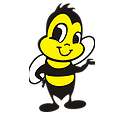 Floretz Program
Floretz Program
The Floretz Program is designed to bring learning through observation, self-help, teaching aids, Montessori Materials, Montessori trained adults, spontaneous sharing of knowledge of older children with the younger ones, physical activities and audio-visual modules.
“Knowledge can best be given where there is eagerness to learn, so this is the period when the seed of everything can be sown, the child’s mind being like a fertile field, ready to receive what will germinate into knowledge.” Dr. Maria Montessori
The Toddler Montessori Program - Age Group 2 to 2.6 years
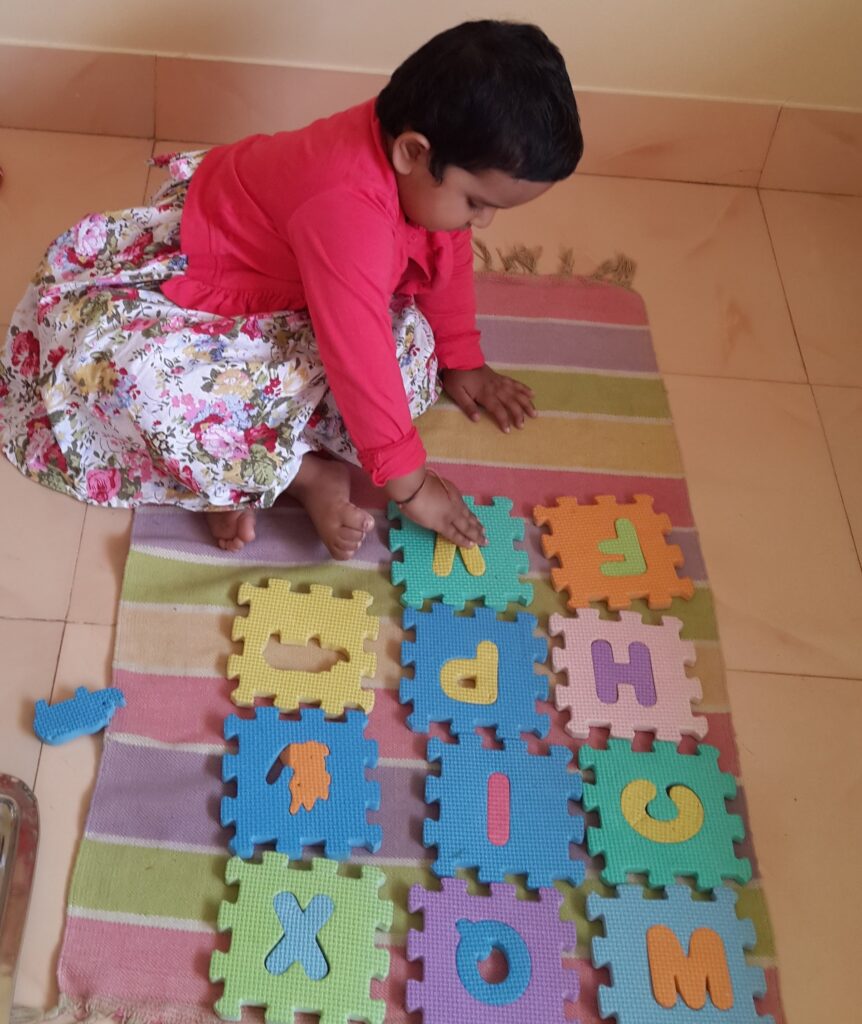
Our Montessori based Toddler curriculum supports the physical, cognitive, social and emotional development of each child. Toddlers strengthen speech and language development and both fine and gross motor skills as they explore self, family and the world in which they live.
The toddlers learn concentration, coordination, language skills, responsibility and respect—all of which prepare them well for a successful transition into the Primary Montessori environment.
Activities have been developed and designed to meet the growth needs of children. As in everything else in Floretz, the program has been custom designed for children of this age group. The child’s mind absorbs everything that he/she senses like a sponge. The environment at Floretz makes this happen.
“Our aim is not merely to make the child understand…but to so touch (the child’s) imagination as to create enthusiasm to (the) inmost core” Dr. Maria Montessori
The Primary Montessori Program - Age Group 2.6 to 6 years
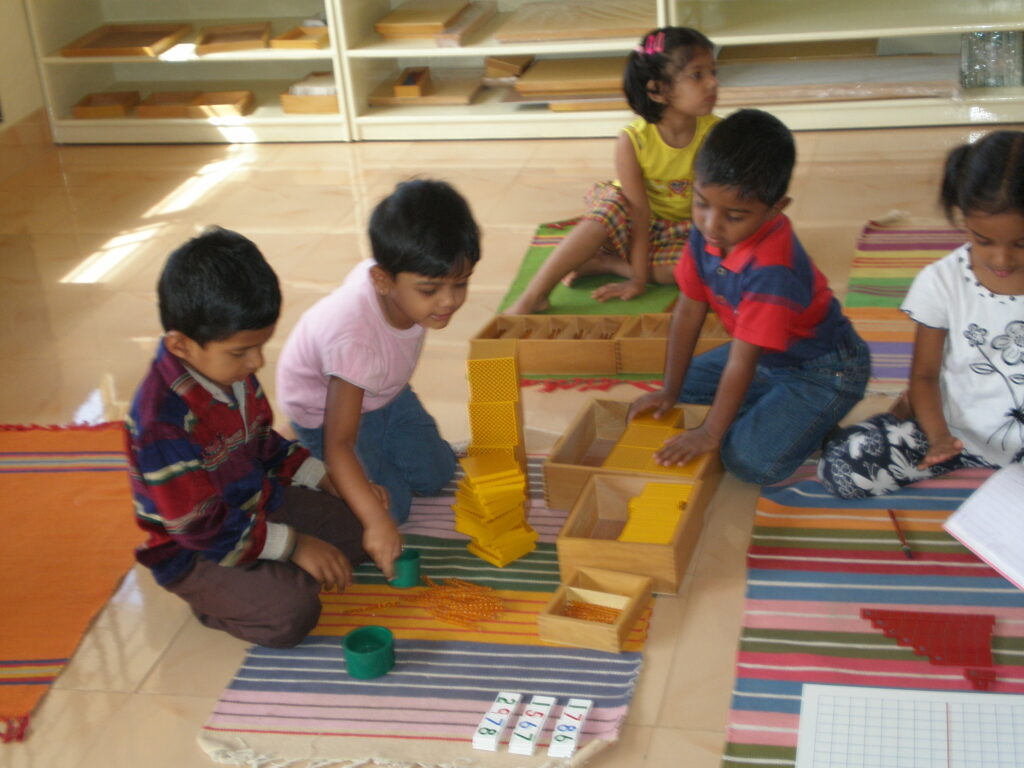
Our Montessori classrooms is for children from two-and-a-half to six years of age. A typical classroom serves 40 children in mixed-age groups, staffed by two trained teachers and an assistant. Classrooms are usually outfitted with child-sized classroom materials on child-height shelves throughout the room. Activities are for the most part initially presented by the teacher, after which they may be chosen by the children as interest dictates. Classroom materials usually include activities for engaging in practical skills, materials for the development of the senses, math materials, language materials, botany materials, zoology materials, geography materials, music and art materials.
“There is nothing in the intellect which was not in the senses. The child has his own laws of development; it is a question of following these, not of imposing ourselves upon him.” Dr. Maria Montessori
The Five Areas of a Montessori Classroom
Exercises of Practical Life
These activities assist the child in the areas of physical, social, mental and moral development. The child develops “Synthetic movement” i.e. movement ordered and directed by the mind to an intelligible purpose. These activities aim at “psycho-motor unity”. They also help the child gain and grow independence with regard to performance of elementary movements, looking after his environment, himself and social relations.
Sensorial Activities
These activities help the child become conscious of various physical properties of matter with the help of senses. They prepare the child for future activities such as writing, language and arithmetic. It helps the child develop cognitive skills such as thinking, judging, attention and concentration.
"There is nothing in the intellect which was not in the senses." Dr. Maria Montessori
Language Activities
These activities help the child at 3 levels, phonetic level, logical level and grammatical level. They help the child become conscious of his spoken language and in correct expression of thoughts. They also prepare the child in writing and reading.
Arithmetic Activities
These activities help the child experience the abstract science (arithmetic) sensorially. They learn the laws of “Decimal System”. Beginning with numbers 1-10, 11-99, 1-1000, 1-9999 and 1 to 1,000,000 the children learn linear counting and recognition of numerals, which then leads into addition, subtraction, multiplication and division concepts. This is done through fun activities which involve lots of movement. As the child matures, abstract learning begins to take place.
Cultural Area
This area includes fascinating and enjoyable topics such as global awareness, geography, science, botany, music and art.
“The child has his own laws of development; it is a question of following these, not of imposing ourselves upon him.” Dr. Maria Montessori
